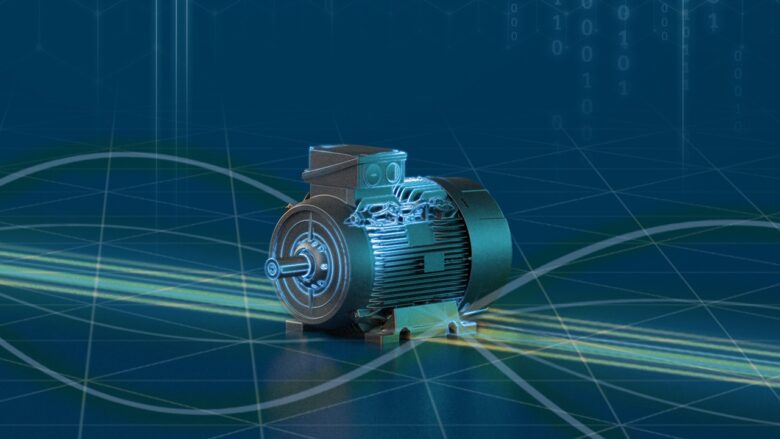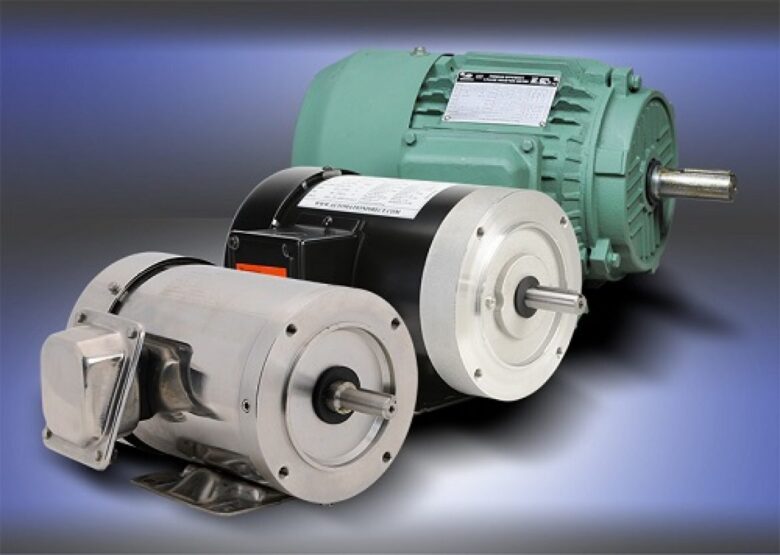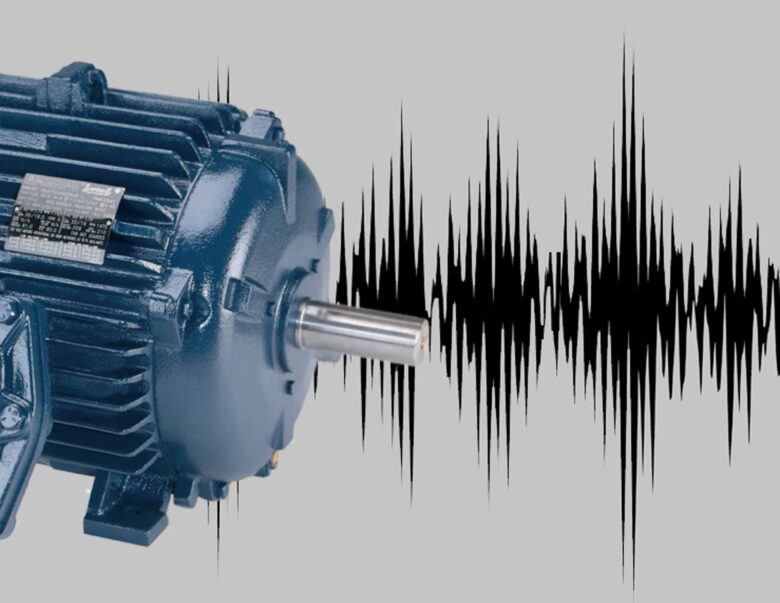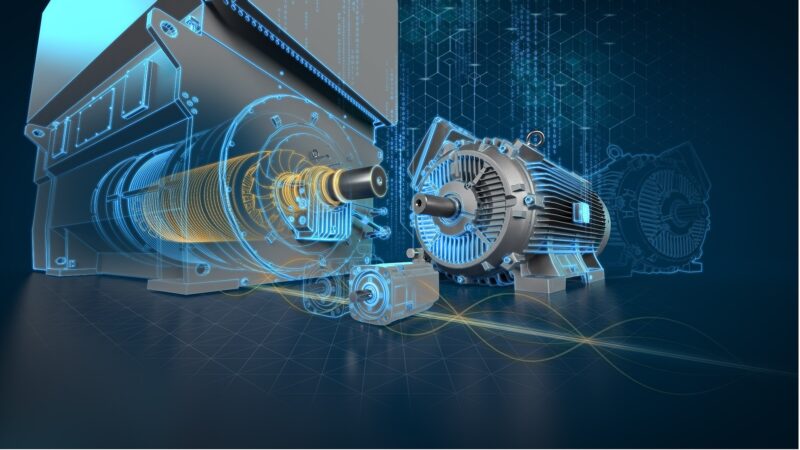The more you learn about how awesome electric motors for machinery are, the more you would be encouraged to use them for your own industrial production purposes.
In its basics, electric motors are machines that can take electric power and convert them into forces or other powers. As you can imagine, they are run by electricity, both by alternate currents and direct currents.
Electric motors were first invented in the late 18th century. To come to its present forms, it went through some revolutionary changes and inventions. Today, electric motors can be as little as you want or as big; depending on their purpose, capabilities, and applications. They can be utilized to pump up oils, to crush stones and cement, to purify waters, and so much more. They can even be used to generate electricity, especially by placing them in turbines of the wind power generations.
Anyways, not all electric motors can perform the same tasks for obvious reasons like design, power capacity, and whatnot. However, often, what it takes is the right size and shapes of a specific motor type; the rest would be done by itself.
So, let’s find out some basic details of electric motors from below, before diving deep into its various applications in machinery.
Main Types of Electric Motors

Since the early motors were invented back in the 1700s; electric motors were enriched by two significant inventions. These two inventions remain the two main types of electric motors to this date. These two main types s are:
1. AC Motors
AC motors are machines that can convert alternating current into mechanical power. Based on the way they are designed; electric motors can also be categorized into two types. There are also various types classified according to their power generation capabilities and use. Without going into many details, let’s just say that the motors found in domestic appliances like refrigerators or vacuum cleaners are usually single-phase AC motors.
This type mainly comes with an induction technique and can be switched on and off from outside. Due to its great power generation capacity, they are utilized to perform some high-intensity work in the industrial plants. These varied industrial applications include steel mills, food processing plants, oil and gas fields, sugar refineries, cement and glass mills, etc.
They also happen to be the motors found inside some of the most powerful machinery used by different industries. It includes shredders, boilers, sheet metal presses, fans, blowers, heating system, air conditioning, conveyors, and many others. Today, AC motors are certainly the most popular type of electric motors, thanks to their incredible versatility and reliability.
2. DC Motors
They are machines that can take direct currents and then transform it into mechanical power. There are also DC motors that work as a generator, meaning that they can take mechanical energy and convert them into electric energy to carry the load.
The use of these ones is getting less and less frequent, however, they can still be of huge significance. They are easy to install, way more precise, quick to start or stop; while also offering high starting torque and greater speed. Due to these reasons, they still find their use in machinery like lifts, robots, and other dynamic industrial equipment.
Electric Motors for Machinery

As discussed before, many of our household appliances like refrigerators, blenders, washing machines, and such are equipped with electric motors to perform their tasks. So, what happens when it comes to industrial machinery? Of course, as you can guess, such machinery would need significantly more power than most electronics for domestic use.
While it is not a specific category, there is now a great range of electric motors that can be equipped with many different types of industrial machinery to perform a great variety of high-intensity tasks. Whether it’s a DC or an AC motor you need for a specific machine, you can find one.
Those for machinery mainly find their applications in different equipment used for the processing of woods, foods, cement, marbles, irons, glass, plastic, paper, etc. They can also be found in different machinery used by food processing plants, as well as light alloys. Another highly-advanced application of electric motors can be found in wind power mills, especially inside their turbines or propellers. You can also customize electric motors to serve any of your plants-specific purposes, whether it allows simultaneous productions or to withstand a highly temperate environment.
Not only the industry-specific machinery used in the production or manufacturing processes, electric motors for machinery can also be effective in driving industrial fans, ventilation systems, conveyor belts, or to be equipped in smaller electronics or tools.
Key Benefits of Electric Motors for Machinery

Obviously, by design, there are now some types of machinery that won’t or can’t function without the use of electric motors. In addition to providing the drive and energy for an array of tools and machinery, electric motors are also beneficial in terms of durability, efficiency, and effectiveness.
There are some electric motors that are specifically designed to withstand an industrial environment with high temperatures, making them a lot more secure and reliable. They also can withstand the dirt and smokes associated with many industrial productions, which eventually helps them to last a long time. Their great power efficiency and almost zero chance of any spillovers also make them an appealing proposition for numerous industrial applications.
To conclude, the flexibility of different electric motors in terms of applications, combined with their ability to mold into a variety of shapes and sizes; makes them a one-stop solution for a great range of industrial activities. They can be easily equipped with thermal sensors and such, and used in compressors. They can also be used to produce both heat and power, fulfilling two different responsibilities at the same time. Add to that their eco-friendliness, and you have got an incredible power solution for everything.
To get more information please visit omemotors.com


